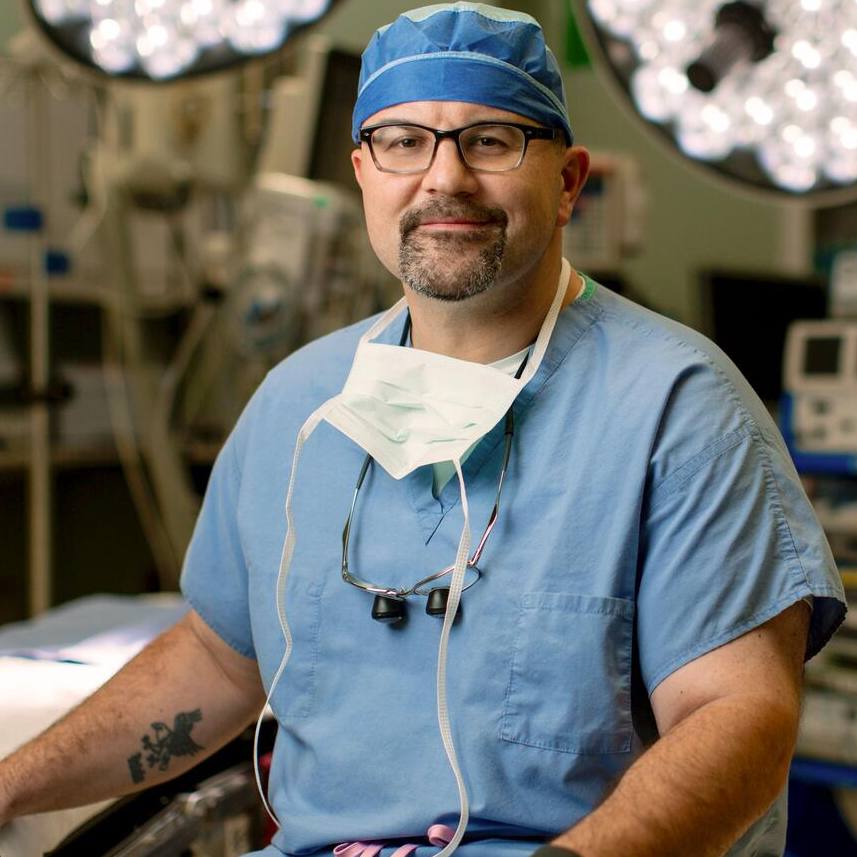November is Pancreatic Cancer Awareness Month. A diagnosis of cancer may feel devastating. And pancreatic cancer is the least survivable cancer of all known cancers. That's because when it is diagnosed, it often has already spread.
Dr. Mark Truty, a surgical oncologist at Mayo Clinic, says the stigma around the diagnosis can leave people feeling hopeless. He wants people with pancreatic cancer to know that advances in treatment mean more options are available than ever before.
Watch: Advances in treating pancreatic cancer mean options and hope
Journalists: Broadcast-quality video (1:32) is in the downloads at the end of this post. Please "Courtesy: Mayo Clinic News Network." Read the script.
"If you think about it — breast cancer, prostate cancer, lung cancer, brain cancer — pancreas cancer continues to be the least survivable of all of those cancers," says Dr. Truty.
But it is more survivable now than it used to be. Dr. Truty says that’s due in part to advances in the approach to treating the cancer.
Patients that can have surgery for their pancreatic cancer live longer than those who cannot. Unfortunately, in the past, surgery wasn’t an option for most patients, but with better chemotherapy came dramatic changes. Now, more patients are considered candidates for curative surgery.
"Those patients that are able to undergo chemotherapy prior to the surgery tend to do much better than they historically have done," Dr. Truty says.
That includes patients who may have been considered inoperable elsewhere due to complex tumors involving blood vessels. Mayo Clinic is the first and only center that routinely uses positron emission tomography, or PET, scans to help determine if that chemotherapy is effective.
"This is what we want to see at the beginning; we want to see a tumor lighting up really bright prior to chemotherapy. And then, after chemotherapy, we want to see it sort of disappear — the activity that would suggest that chemotherapy was effective. And then when we ultimately operate on these patients and we take the tumors out, the pathologist tells us that all the cancer is dead," explains Dr. Truty.
The primary goal for any patient with pancreatic cancer is to extend their life and maintain or improve their quality of life. Advances like this are offering patients hope.
"Oh, without question, they should have hope," Dr. Truty says.
Read more:
- AI applied to prediagnostic CTs may help diagnose pancreatic cancer at earlier, more treatable stage.
- Identifying inherited gene mutations in pancreatic cancer can lead to targeted therapies, better survival.
- Consumer Health: Pancreatic cancer risks and prevention.
For the safety of its patients, staff and visitors, Mayo Clinic has strict masking policies in place. Anyone shown without a mask was either recorded prior to COVID-19 or recorded in a nonpatient care area where social distancing and other safety protocols were followed.








